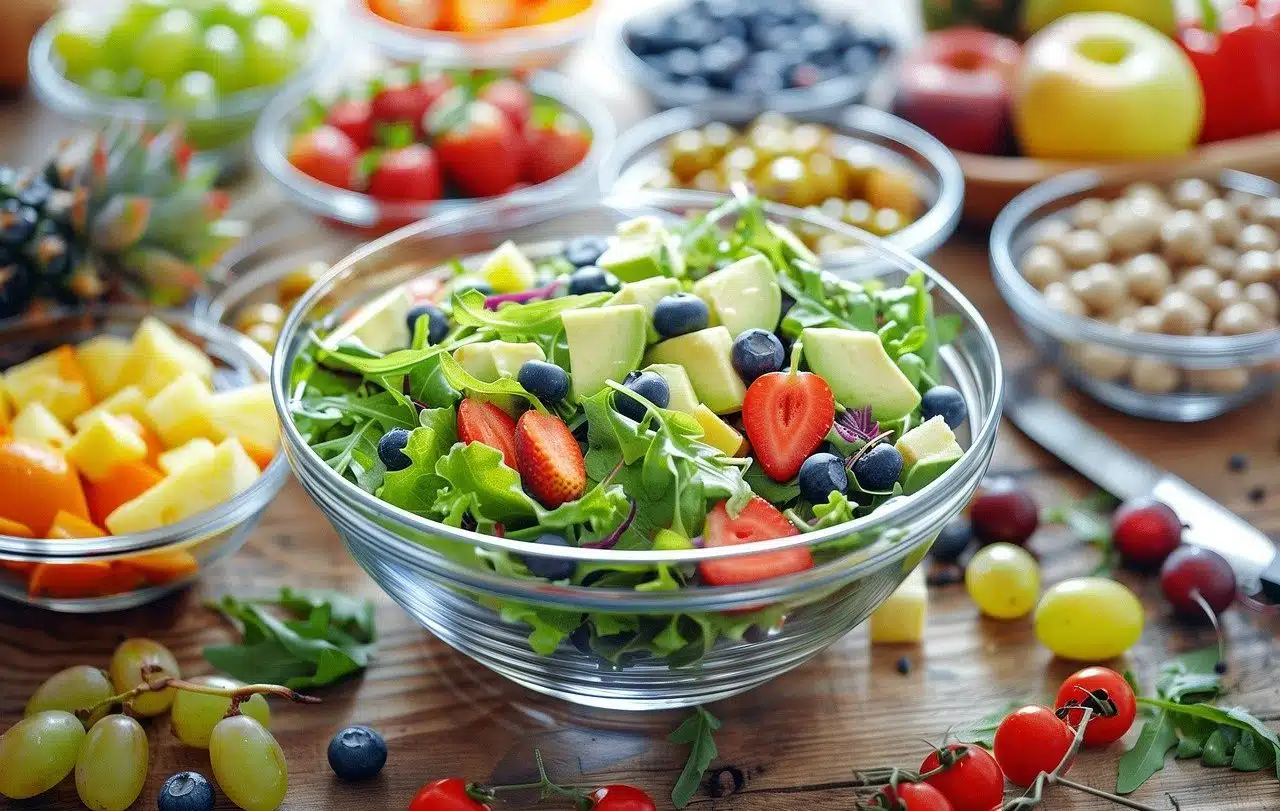
A vegetarian individual does not consume meat.
Vegetarian is an adjective that refers to that linked to vegetarianism or to one who is adept at this nutritional doctrine. The term came to our language from the Latin word végétarien .
Vegetarianism consists of not eating meat of any kind (beef, pork, chicken, fish, etc.): therefore, it limits your diet to foods of plant origin. Vegetarian individuals also tend to protect animals in other contexts (for example, rejecting the use of skins and hides for making clothing).
The first vegetarians
Historians claim that vegetarianism already existed several centuries before Christ . Many people, at that time, were vegetarians since they adhered to the postulates of philosophers and religious people who condemned all types of violence , including those that cause the death of animals to turn them into objects of consumption.
After a time in which it lost popularity, vegetarianism resurfaced in the 19th century . Currently, there are several branches of vegetarianism according to how strict the diet is.

There are vegetarians who eat products derived from animals, such as milk or eggs.
Classification according to type of diet
In general, someone who does not eat meat, but does eat products derived from animals , such as eggs , milk and honey, is called a vegetarian or lacto-ovovegetarian .
Other people are vegetarians but reject the consumption of eggs (they are called lactovegetarians ), while some consume eggs but not dairy products ( ovovegetarians ). Vegans , on the other hand, do not eat anything that comes from animals, be it meat, milk, eggs or any other product.
Difficulties dealing with being a vegetarian
Many subjects become vegetarians for ethical reasons , considering that it is wrong to kill animals to consume them. Others allude to health reasons, religious reasons or ecological issues .
The life of the vegetarian who has chosen not to collaborate with any kind of animal exploitation is a constant contradiction between the deep pleasure of not harming anyone to feed himself and the difficulty of finding food products at prices as accessible as those of animal origin. Given the numerous interests of the livestock industry, among others, strict vegetarians must strive to organize their diet in such a way that it is not necessary to earn four salaries to afford it.
When entering any supermarket of the main chains, it is normal to be overwhelmed by shelves full of products of animal origin, something that for most people is completely acceptable, but which represents a regrettable picture for a vegetarian : trays with remains of dead animals, cut into pieces as if they were cakes, dozens of varieties of cow's milk, endless cheeses and types of cold cuts, without leaving aside cookies and bakery items that include eggs and milk.
In other words, a large percentage of the products in a normal supermarket include ingredients of animal origin, so vegetarians have two options: that of the less wealthy, which is to buy the basic ingredients to prepare almost all their dishes at home. ; or go to specialized stores and spend fortunes to buy small portions of industrial foods.
It is important to note that vegetarianism is far from a diet based on cold salads: from potato omelettes to pizzas, empanadas and cakes , it is possible to prepare a large number of hot dishes without using any product of animal origin. Many people do not know this, since it is not in the meat industry's best interest for them to know the delights they could taste if they refused to continue supporting mistreatment and violence against innocent beings.
One of the most absurd questions that a vegetarian must endure, in addition to the aforementioned silent war that opposes them to the ranchers, is being accused of being intolerant for wanting others to imitate their behavior : can someone who opposes vegetarianism really be intolerant? violence and injustice?
